Artificial Intelligence (AI) is rapidly transforming the world around us. And perhaps the most significant shift is happening in the way we work.

Artificial Intelligence (AI) is rapidly transforming the world around us. And perhaps the most significant shift is happening in the way we work.

Emojis are everywhere these days. Every app with an integrated chat function has them, any email client, and all social media platforms. We all use them in our daily digital communication. But are they acceptable in work-related communication?
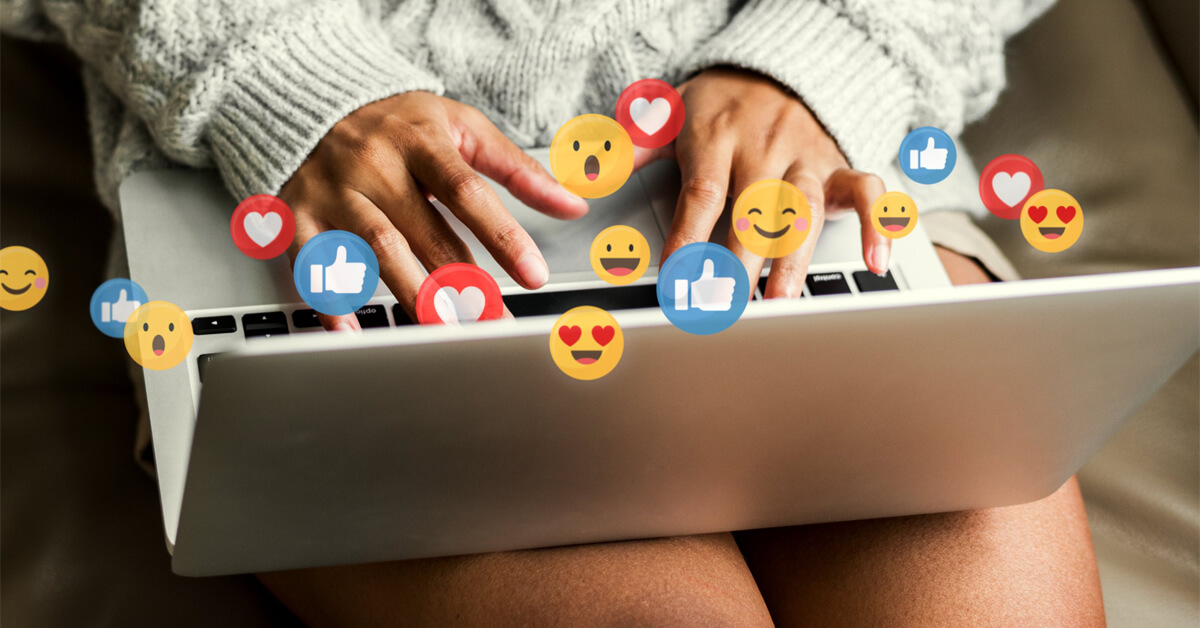
If you’ve struggled with anxiety or fear of failure at work, you’re not alone. Employees often deal with feelings that they may not be qualified enough for a position or that they lack the ability to perform as well as their peers. There is a term for this feeling of not being good enough or qualified enough: the imposter syndrome.
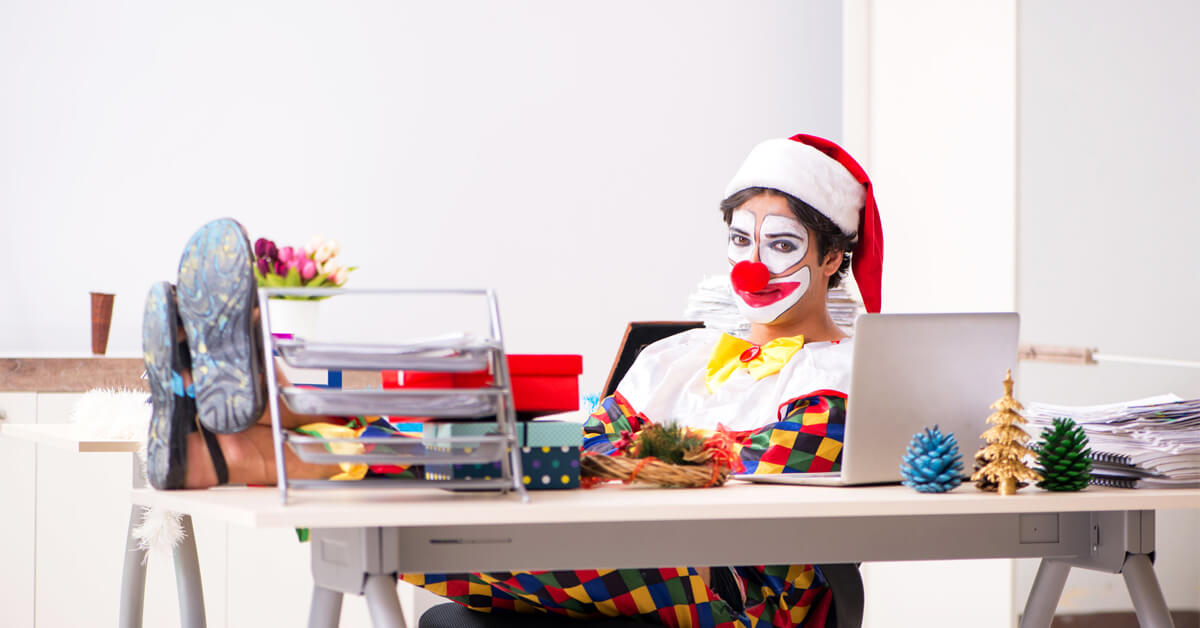
When those initial stay-at-home orders went into effect back in March 2020, the mass shift to remote work seemed to boost productivity. But as this pandemic keeps bugging us even a year later, that productivity surge is now on the decline. While some organizations have seen a 5 to 8 percent increase in productivity within these last 12 months, most have suffered a 3 to 6 percent decrease in 2020 overall, according to Harvard Business Review.

The pandemic changed how teams operate on a massive scale in 2020. It has influenced the way we work and where we work. Without any doubts, working from home without the daily commute to the office has multiple implications over our lives. And not only in the summer, when it’s all green and sunny, but especially during the gloomy, cold winter season.

Whether you’re working from home or are back in an office, there’s a critical productivity element you may be overlooking: the lighting. In prior installments of this series, I talked about how exposure to lifestyle or environmental factors such as mental health resources, music, indoor plants, exercise, and natural caffeine can elevate your performance.
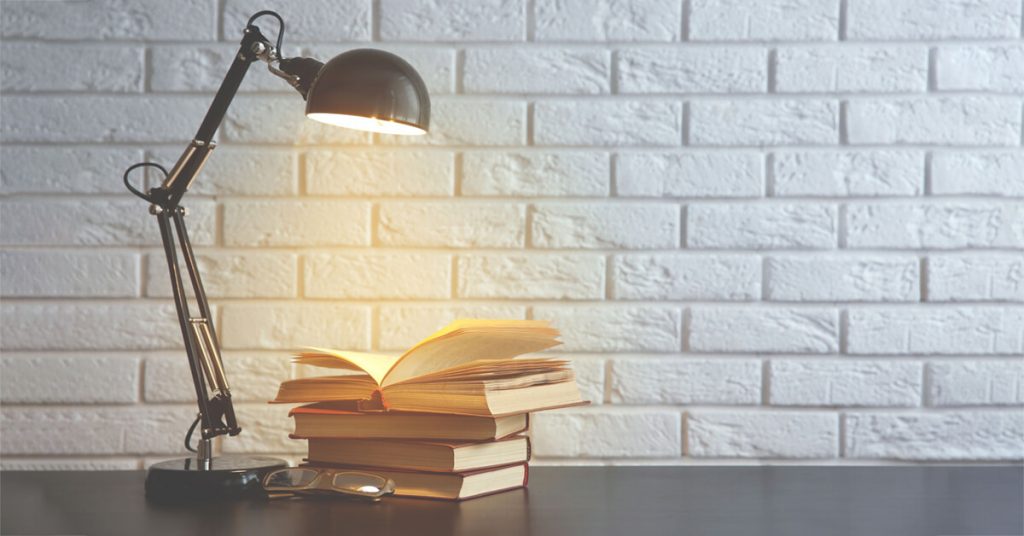
For almost a year we are going through what psychologists call collective trauma, which makes us live in fear and uncertainty. Hundreds of thousands of people lost someone they loved, millions got sick, and even more lost their job. The majority of those who are lucky enough to still be here and have a job are most probably working from home, doing the same thing every day, locked between four walls, with the same people. All of these are taking a significant toll on their psychical stability and are generating many mental health issues.
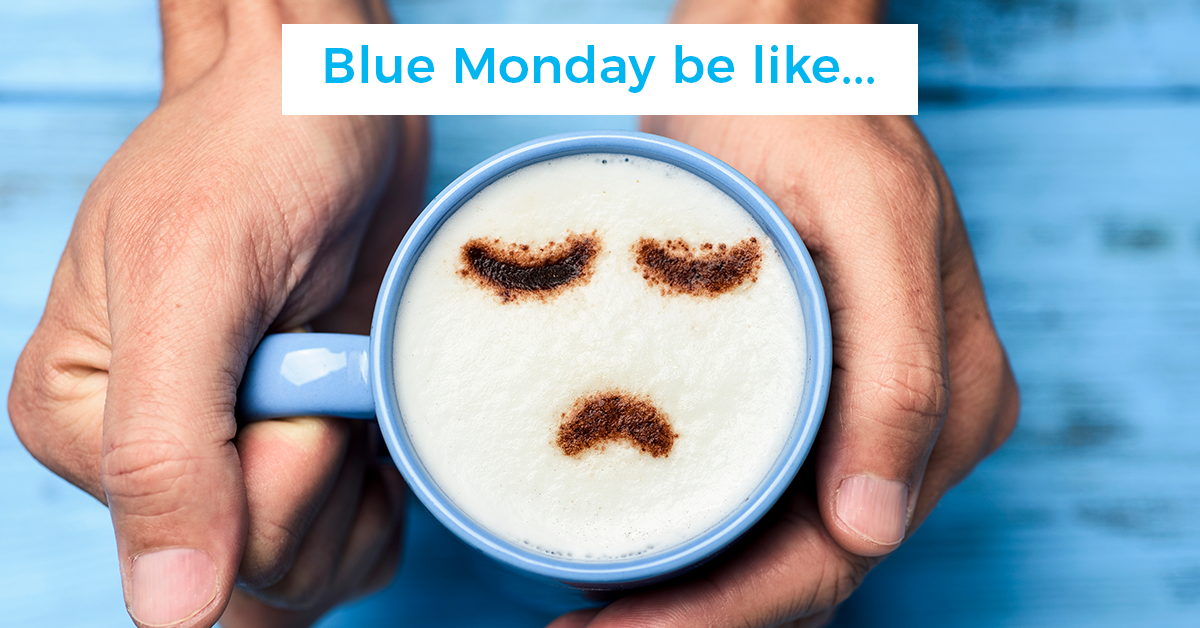
We’ve all heard the phrase positive vibes only. To be honest, it drives me nuts. It’s something meant to reinforce the idea that you should focus on all the good things that are happening instead of dwelling on the bad. Which is good in theory, if you don’t amplify it out of control. However, from a certain point on, it will turn into an ugly monster, also known as toxic positivity.
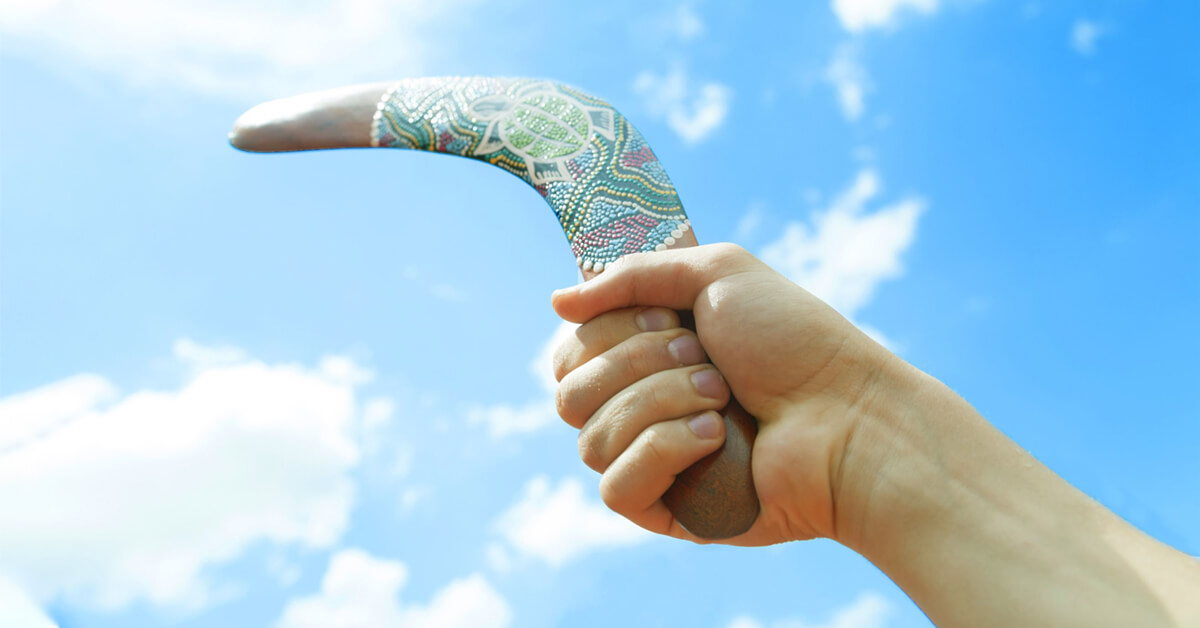
You’re sitting at your desk. The phone rings and breaks your concentration. When you pick it up, you notice it’s nearly lunchtime, and you’ve been working for a few hours, without distractions. While getting up from the chair, your legs feel completely numb. You take stock of the project on your screen and realize you’re almost done. At a quick glance, you also realize that it’s done well 😀 Congratulations, you’ve just experienced the flow state!

Do you have a coworker who always seems to have their headphones in, tapping along with the beat or mouthing the lyrics? Maybe you are that coworker who can’t get through the day without your favorite playlists. Have you ever thought about why music is so important to your workday, whether you’re only listening to a few songs or a whole opera?
